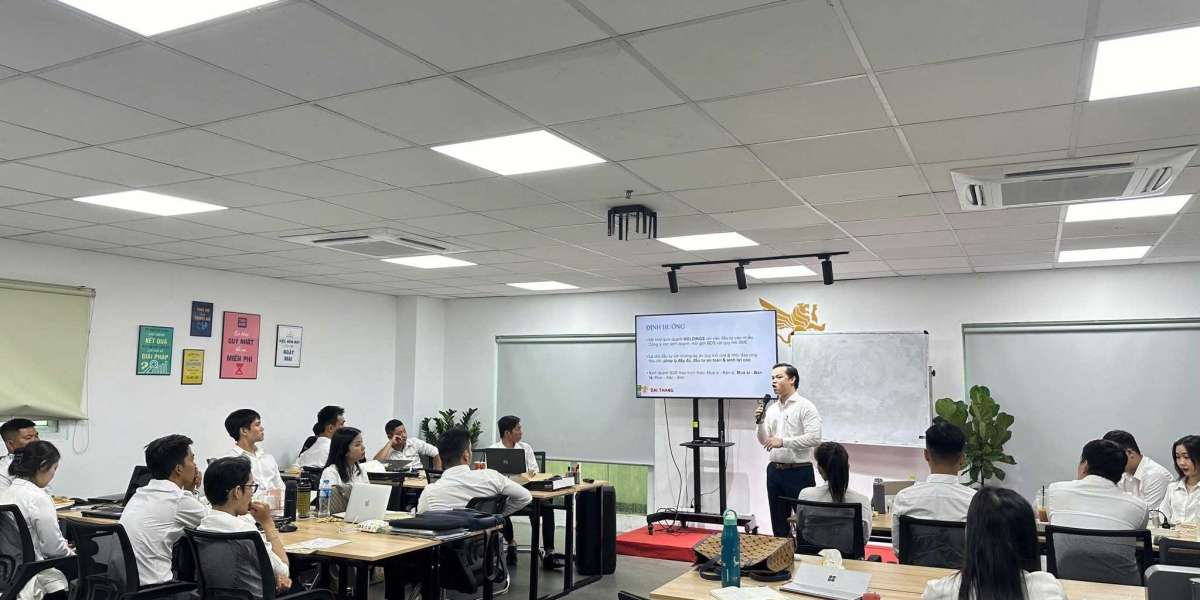
Richard Whittle receives funding from the ESRC, Research England and was the recipient of a CAPE Fellowship.

Stuart Mills does not work for, seek advice from, own shares in or receive funding from any business or organisation that would gain from this post, and has revealed no pertinent affiliations beyond their scholastic consultation.

Partners
University of Salford and University of Leeds provide financing as founding partners of The Conversation UK.
View all partners
Before January 27 2025, it's reasonable to state that Chinese tech company DeepSeek was flying under the radar. And then it came considerably into view.
Suddenly, everyone was discussing it - not least the investors and executives at US tech firms like Nvidia, Microsoft and Google, which all saw their business values tumble thanks to the success of this AI start-up research laboratory.
Founded by a successful Chinese hedge fund manager, the laboratory has actually taken a different technique to synthetic intelligence. One of the significant distinctions is cost.
The development expenses for Open AI's ChatGPT-4 were stated to be in excess of US$ 100 million (₤ 81 million). DeepSeek's R1 model - which is utilized to produce content, resolve reasoning problems and develop computer system code - was reportedly made utilizing much less, less powerful computer system chips than the likes of GPT-4, leading to costs declared (however unproven) to be as low as US$ 6 million.
This has both monetary and geopolitical results. China goes through US sanctions on importing the most sophisticated computer system chips. But the reality that a Chinese startup has had the ability to build such an advanced design raises questions about the effectiveness of these sanctions, and whether Chinese innovators can work around them.
The timing of DeepSeek's new release on January 20, drapia.org as Donald Trump was being sworn in as president, signified an obstacle to US supremacy in AI. Trump responded by explaining the minute as a "wake-up call".
From a monetary perspective, the most noticeable impact might be on consumers. Unlike competitors such as OpenAI, which just recently started charging US$ 200 monthly for access to their premium models, DeepSeek's comparable tools are currently free. They are likewise "open source", enabling anybody to poke around in the code and reconfigure things as they wish.
Low expenses of development and efficient usage of hardware seem to have actually managed DeepSeek this cost benefit, and have currently forced some Chinese competitors to lower their costs. Consumers need to expect lower costs from other AI services too.
Artificial financial investment
Longer term - which, in the AI market, can still be remarkably quickly - the success of DeepSeek could have a huge influence on AI financial investment.
This is due to the fact that up until now, practically all of the huge AI business - OpenAI, Meta, Google - have been having a hard time to commercialise their models and be profitable.
Previously, this was not always a problem. Companies like Twitter and pyra-handheld.com Uber went years without making earnings, prioritising a commanding market share (great deals of users) rather.
And business like OpenAI have actually been doing the very same. In exchange for continuous financial investment from hedge funds and other organisations, they assure to develop even more effective models.
These designs, the company pitch probably goes, will massively increase efficiency and then success for services, which will wind up happy to pay for AI items. In the mean time, all the tech business require to do is gather more information, buy more effective chips (and more of them), and develop their designs for longer.
But this costs a great deal of cash.
Nvidia's Blackwell chip - the world's most effective AI chip to date - expenses around US$ 40,000 per system, and AI companies frequently require tens of countless them. But already, AI business have not really struggled to draw in the needed investment, even if the sums are big.
DeepSeek might alter all this.
By showing that innovations with existing (and perhaps less advanced) hardware can accomplish comparable performance, it has actually provided a caution that tossing cash at AI is not ensured to pay off.
For instance, prior to January 20, it might have been presumed that the most sophisticated AI designs require massive data centres and other facilities. This indicated the likes of Google, Microsoft and OpenAI would face limited competitors since of the high barriers (the large cost) to enter this industry.
Money concerns
But if those barriers to entry are much lower than everybody thinks - as DeepSeek's success recommends - then lots of enormous AI investments all of a sudden look a lot riskier. Hence the abrupt effect on big tech share costs.
Shares in chipmaker Nvidia fell by around 17% and ASML, which produces the machines needed to produce sophisticated chips, likewise saw its share rate fall. (While there has actually been a slight bounceback in Nvidia's stock price, it appears to have actually settled below its previous highs, reflecting a brand-new market reality.)
Nvidia and ASML are "pick-and-shovel" companies that make the tools required to produce an item, rather than the item itself. (The term comes from the idea that in a goldrush, the only person guaranteed to earn money is the one selling the picks and shovels.)
The "shovels" they offer are chips and chip-making equipment. The fall in their share rates originated from the sense that if DeepSeek's much cheaper method works, the billions of dollars of future sales that financiers have actually priced into these companies might not materialise.
For the similarity Microsoft, Google and Meta (OpenAI is not openly traded), the expense of building advanced AI may now have actually fallen, indicating these firms will need to invest less to remain competitive. That, for them, might be a good idea.
But there is now doubt as to whether these companies can effectively monetise their AI programmes.

US stocks make up a traditionally big portion of global financial investment today, and innovation companies make up a historically big percentage of the worth of the US stock exchange. Losses in this market might require investors to offer off other financial investments to cover their losses in tech, wiki.lafabriquedelalogistique.fr causing a whole-market downturn.
And it should not have actually come as a surprise. In 2023, a leaked Google memo alerted that the AI industry was exposed to outsider disturbance. The memo argued that AI business "had no moat" - no defense - versus competing models. DeepSeek's success might be the proof that this is real.







